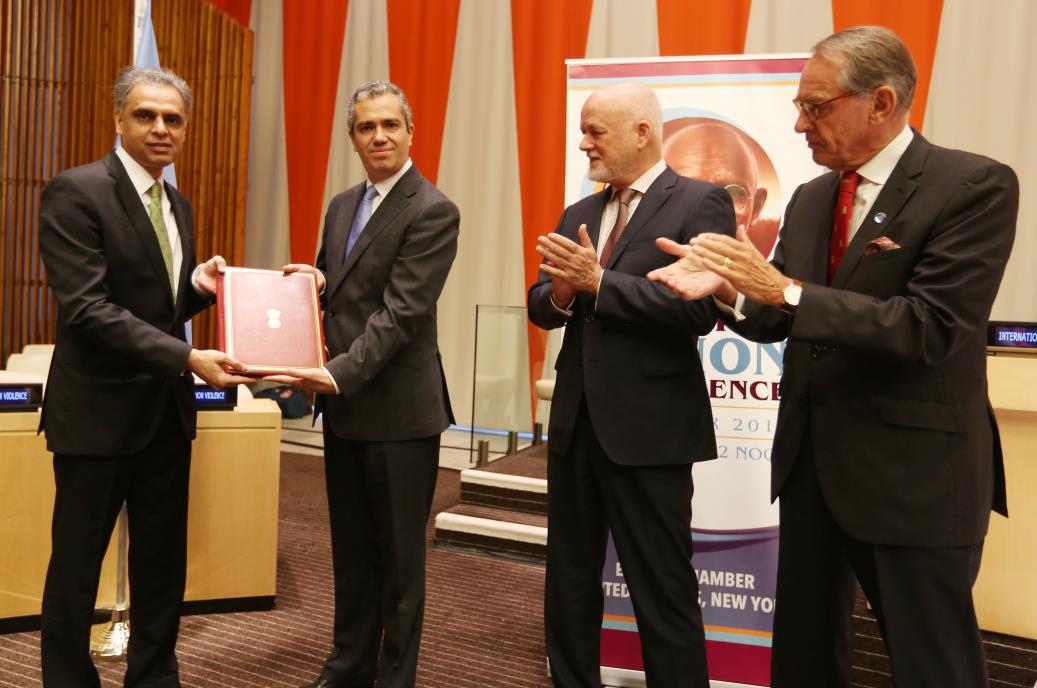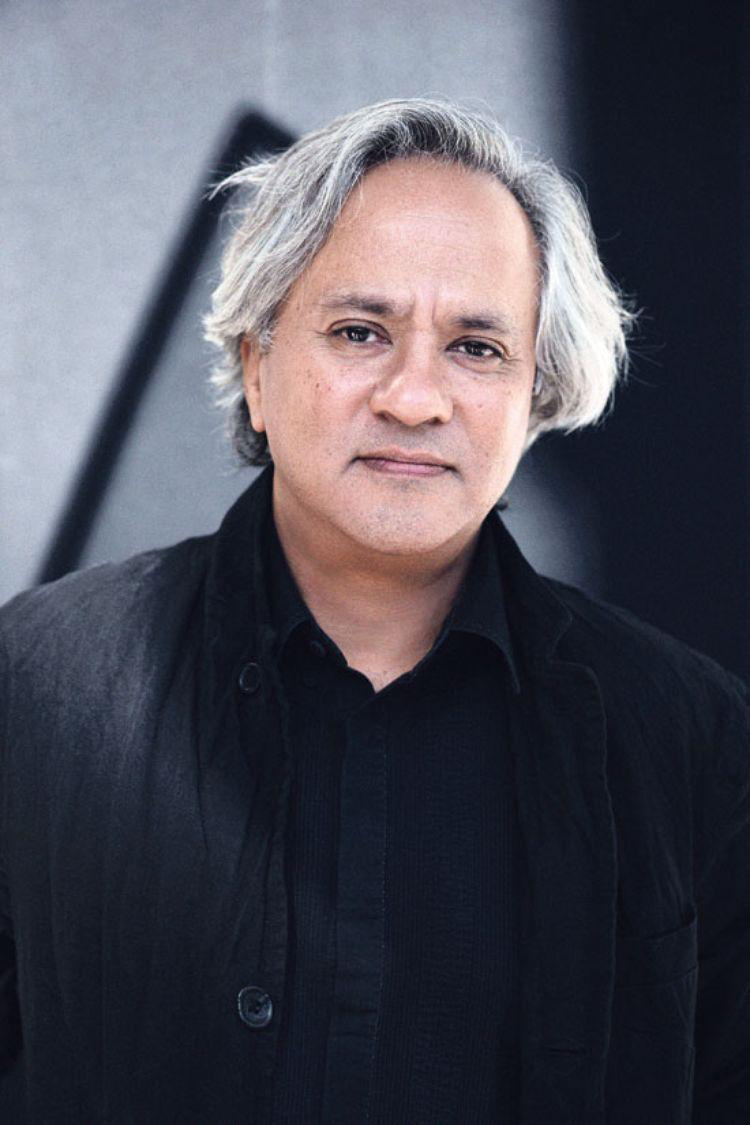

On November 23, a day before Thanksgiving, American Sikhs received a gift to be proud of – the nomination of Nikki Haley to become US Ambassador to the UN. She and her Sikh parents represent a migrant success story – a story where anyone can live the American Dream.
The American Sikh story starts in April 1899. It took 57 years for the first Sikh to become a Congressman- Dalip Singh Saund was elected in 1956 and served till 1963.
Now, 60 years later President-elect Donald J. Trump has nominated Nikki Haley, a person of Sikh heritage, to be the US Ambassador to the UN and member of his cabinet. Nikki -birth name Nimrata ‘Nikki’ Randhawa – unlike most other US politicians of Indian-heritage, including Saund, has risen through the ranks of the Republican Party. Now she becomes the first politician of South Asian, Indian, and Sikh heritage to become a member of the Cabinet. Nikki Haley’s parents – Ajit Singh Randhawa and Raj Kaur Randhawa -were from Amritsar district. Nikki was born and grew up in Bamberg, South Carolina, with its back-drop of racism and American race politics not far away.

Unlike Bobby Jindal, a former Republican Governor, Nikki is proud of her Indian roots and her parent’s Sikh faith. She married Michael Haley in 1996 whom she met as a fellow student and converted to Christianity but still settled on two marriage ceremonies – a Sikh and Methodist.
Nikki Haley quickly learned the skills of successful political leadership and in reconciling competing economic and political interests. As a conservative, her policies focused on cutting taxes, reducing public debt and big government and creating jobs through promoting growth and encouraging inward investment.

Jalandhar, Punjab, India on November 14, 2014
In June 2015, she received international praise for banning the Confederate flag from all South Carolina’s government offices and grounds after the Charleston Massacre which ended in the killing of nine African-American children. Her critics called her opportunistic asked why it took her so long to understand the symbolism of bigotry inherent in the Confederate flag. She was also highly pro-active in selling South Carolina to global markets. In her first visit to India and ancestral homeland of Punjab, not only did she paid obeisance at the Darbar Sahib, Amritsar, but also discussed possibilities of mutual trade and investment opportunities. She was chosen last January to provide the Republican response to Barack Obama‘s last State of the Union address and soon began to be touted as a potential Presidential candidate. Maybe her appointment as US Ambassador to UN will make that a reality in future – maybe in 2020 or 2024.

However, nobody should be in doubt about the tremendous challenges she is likely to face. Trump was her third choice as the President nominee for the GoP. In fact, she strongly distanced herself from Trump and his politics of bigotry and division, although previously she had aligned herself with the Tea Party which was equally bigoted. Added to this, she has no foreign policy or diplomatic experience. As the argument goes, it is one thing to be marketing your state but entirely another to be an ambassador to the world given its multitude of complexities. It will indeed be a challenge for her, on the one hand, to deal with demands of President Trump and whoever is nominated as Secretary of State, as there is a high probability that neither will have foreign policy experience.
In the UN, one thing is for certain. Sikh advocacy groups, especially those who have developed a populist anti-India and anti-Punjab narrative and harbor separatist sentiments from the comfort of their US homes, will be tempted to appropriate her or mock her if she shows indifference. It will be interesting to see if she allows herself to be distracted by the tension between her emotional link to her parental religion or ethnicity and her upbringing as an American first. These are interesting times and let us hope that, not only Nikki Haley lives up to the meaning of her Sikh name and the important Sikh value of humility but also that sections of the US Sikh community also show the same behavior towards her and give her a fair chance to build a record of success. This will be the least of her concerns as she prepares for the challenges ahead.
(The author is a Visiting Professor in Global Studies at UC Santa Barbara. He can be reached at thandi@global.ucsb.edu)





Be the first to comment